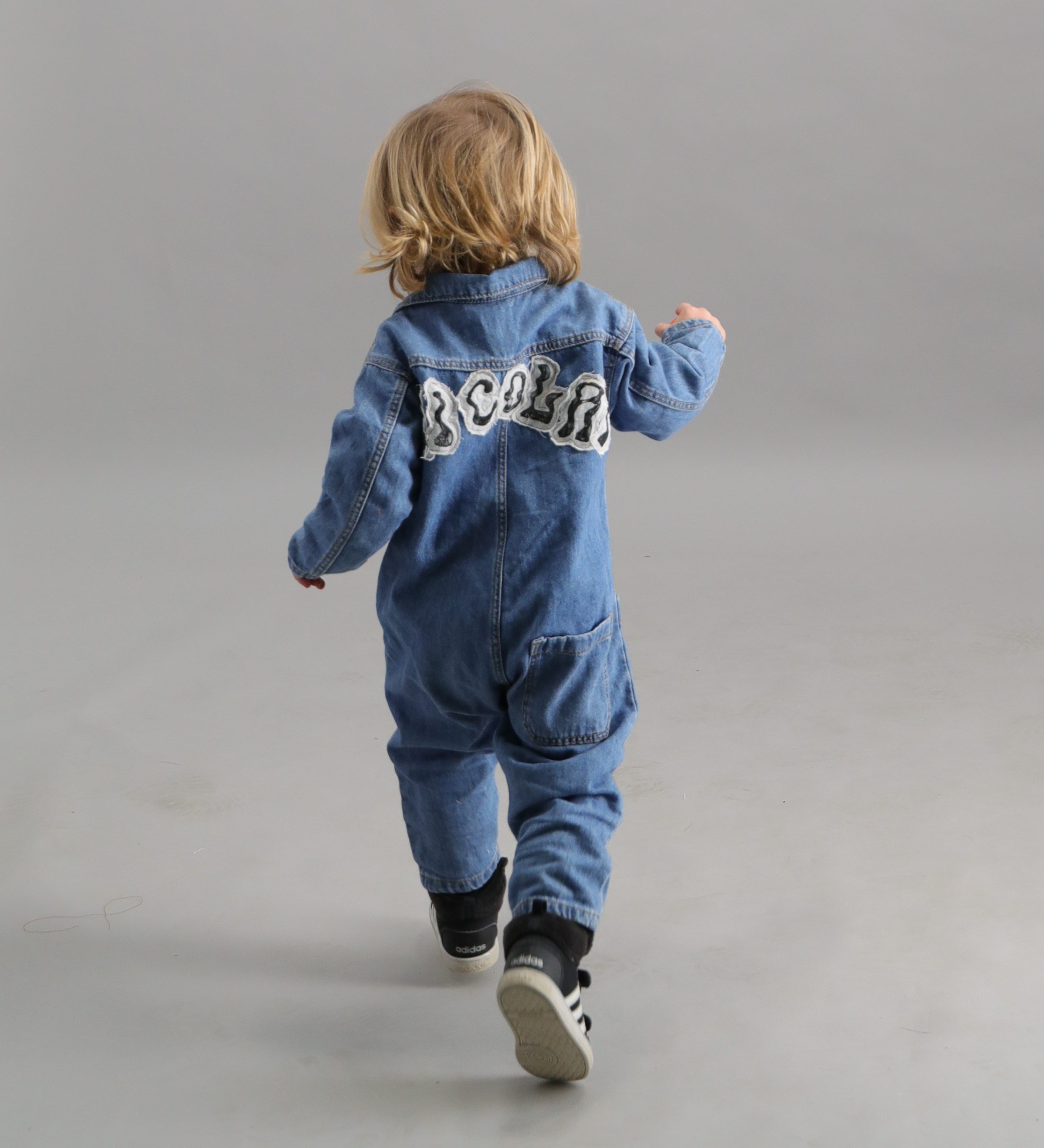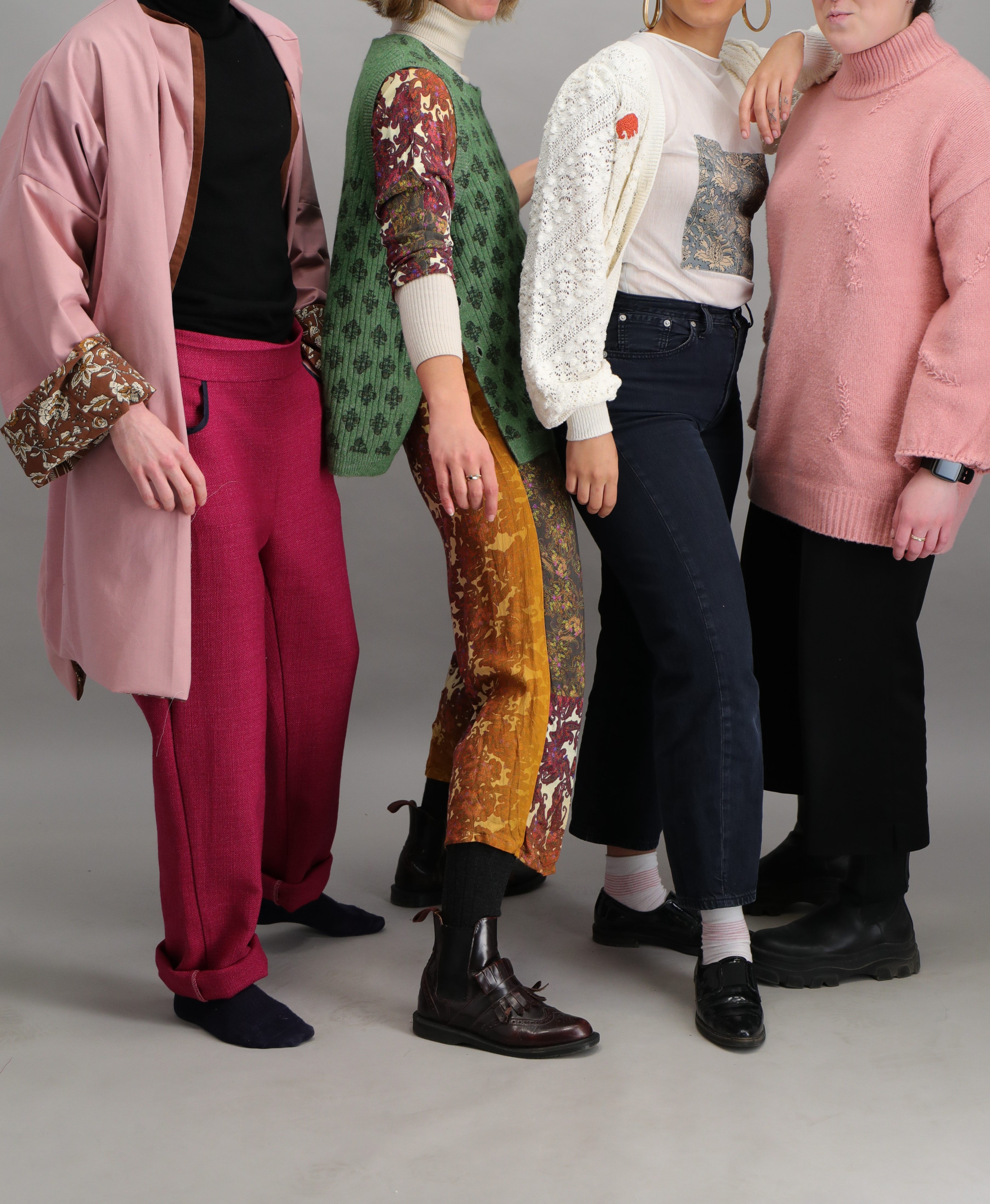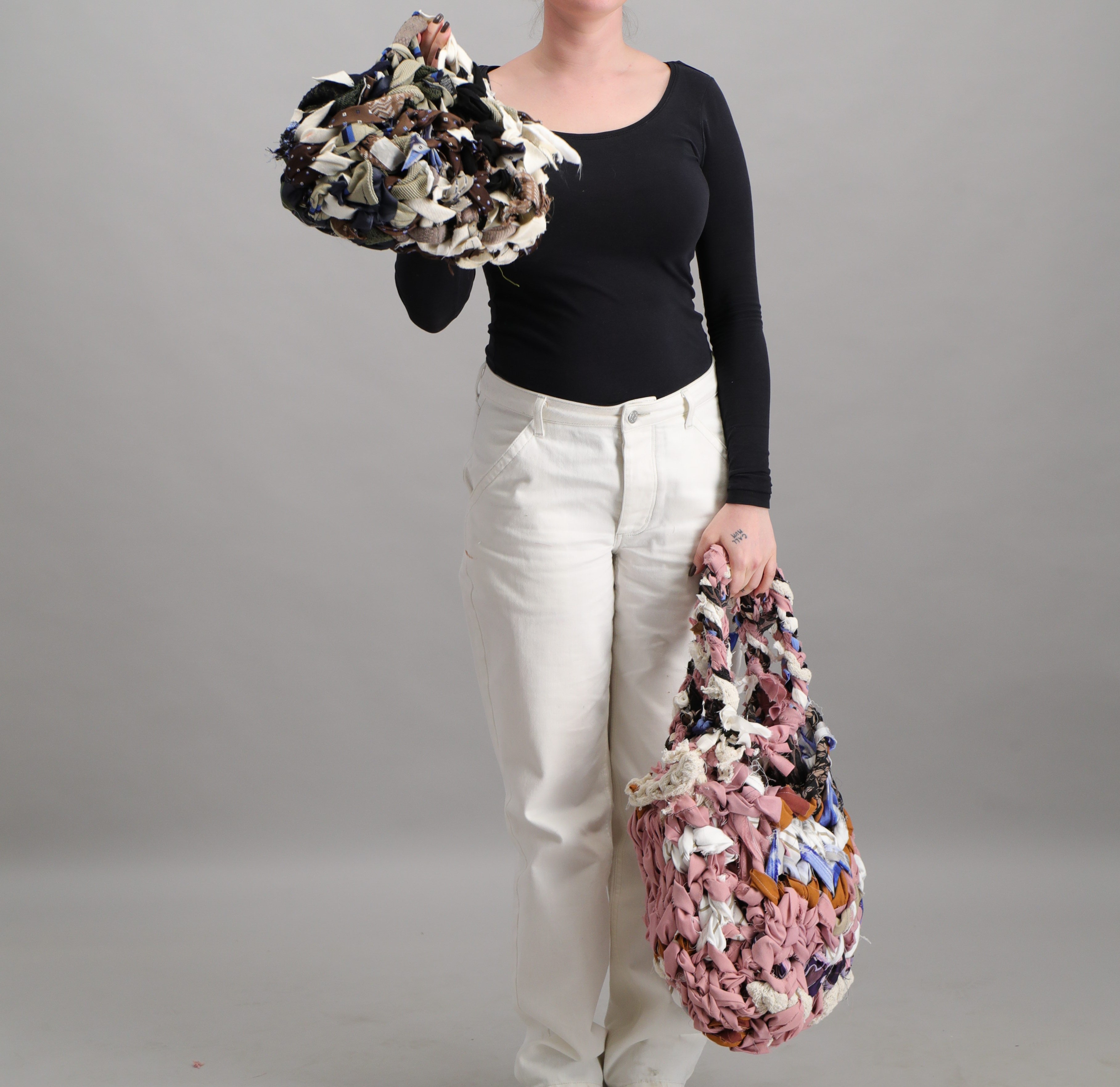
- Design Hackathon Students
- Innovative Methods

During a hackathon in Do-tank Center, students from Nordiska Textilakademin and the Swedish School of Textiles were invited to design and develop concepts that challenges status quo of the apparel and textile industry and push for more circularity and sustainability. The winning team has during 2022 realized their collection together with Indiska and it will be sold at Indiska.com and in selected stores.
Indiska, Science Park Borås & Swedish School of Textiles
The apparel-and textile industry is in a transformation phase towards more circularity, including business models, material and design. Challenges and opportunities are mounting from several directions such as demand from within the own organization, customer demand, new legislation and new technologies. Hackathons present a good opportunity for pro-active conceptualization and evaluate ideas while testing potentially new talents
Efficient use of resources. Reduction of waste Sustainable design methods.
Second hand









Our planet has provided us with an abundance of natural resources. But we have not utilised them
responsibly and currently consume far beyond what our planet can provide. We must learn how to
use and produce in sustainable ways that will reverse the harm that we have inflicted on the planet.
To build a better world, we need to work together and we need to be inventive. We need to
challenge our self through new contexts and we have to dare to try new methods to solve problems
and innovate new solutions.
In the module Innovative methods we share good examples for collaborative problem solving where
a variety of perspectives and experiences can be applied to try and find solutions to non-routine
problems, we share examples on how we can communicate to change behavior patterns as well as
digital tools which can be used to incorporate circular and sustainable design strategies into product
development.
All group objects:
Each decision during product development affects sustainability and circularity. To develop products with lower environmental impact, the design team needs to be well aware of each component and process, and their individual and combined effect on the final product and its longevity.
One challenge is having comprehensive knowledge regarding sutainability when it comes to all of the components and processes that are a part of the production and lifetime of the garment. An additional challenge is implementing alternative design methods that do not require virgin components. Ongoing research inspires and shows methods to re-make existing products to have new functionalities and designs with an upgraded look.
With higher traceability when it comes to materials, components, and processes, there are increased possibilities for more conscious decisions. If communicated well, this gives the consumer a better basis for decisions.